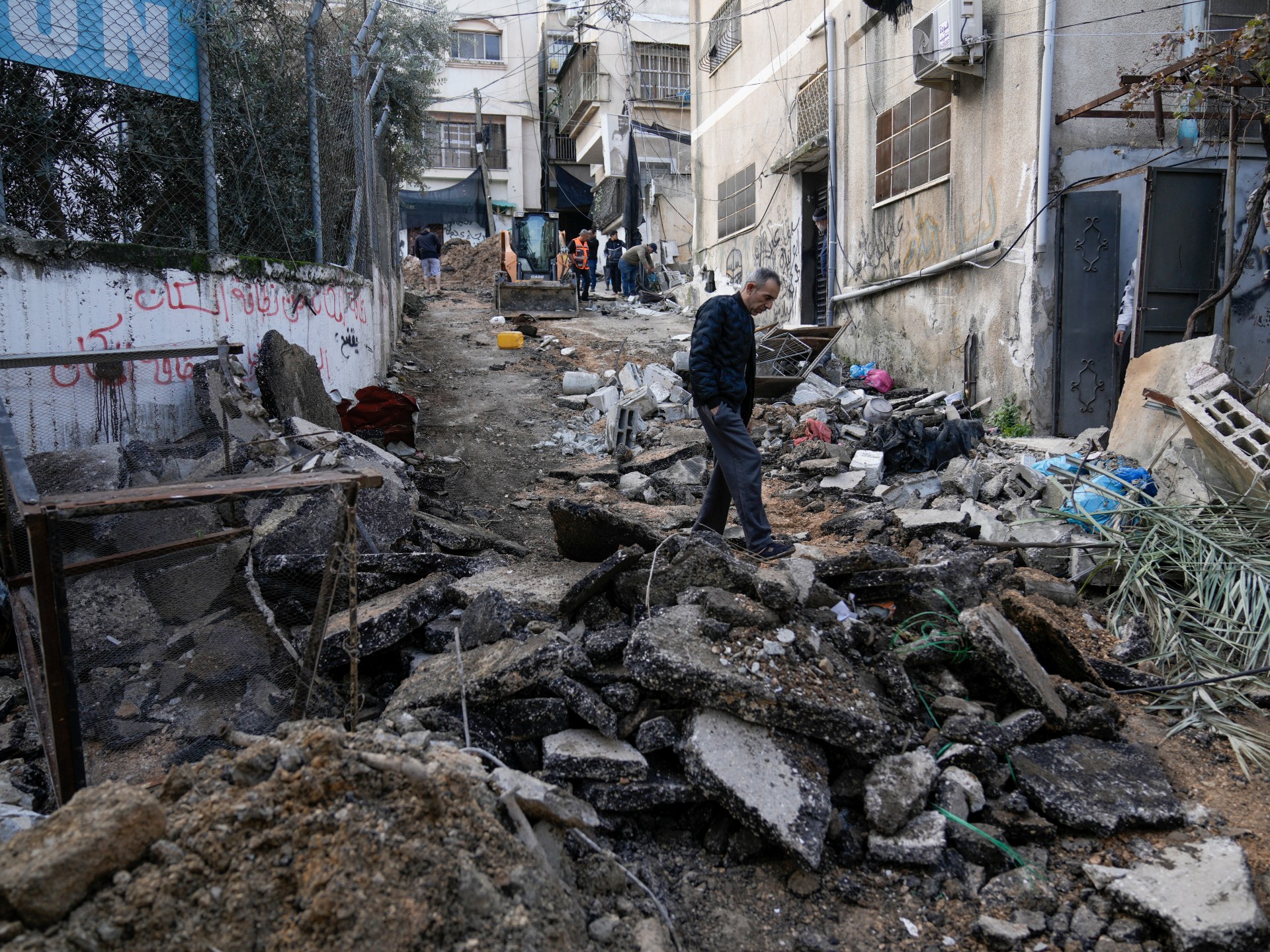
As Sudan's civil war Spiraling deeper into turmoil, activists remember friends and loved ones killed during Pro-democracy protests in Khartoum on 3 June 2019.
The killings were carried out by military forces seeking to break up a sit-in demanding civilian rule and democracy, and marked a turning point for Sudan following the ouster of former President Omar al-Bashir in April 2019.
Before al-Bashir was overthrown in a military coup, a large civilian protest movement had been demanding the president's resignation for months. This movement continued even after the military seized power and eventually led to what became known as the “Khartoum massacre.”
The same forces that replaced al-Bashir – the Sudanese military and paramilitary Rapid support troops – are now fighting each other in a civil war that began on April 15, 2023. And many activists today believe that the June 3 killings were a sign of the devastating war to come.
Here's everything you need to know about the significance of the murders:
What happened?
The killings occurred on the penultimate day of the Islamic fasting month of Ramadan. Despite rumors that security forces wanted to break up the sit-in, thousands of protesters still took part in the sit-in that began in front of the military headquarters in Khartoum in early April.
Sulima Shafiq, a pro-democracy activist who campaigns against violence against women and took part in the protest, said the sit-in participants believed “something [negative] could happen,” but the actual events – including murders, rapes, and the imprisonment of numerous people – were not foreseen.
At least 120 people were killed. Hundreds more are missing.
“At one point I thought we would not make it and we would die soon,” Shafiq told Al Jazeera. “I thought it was only a matter of time before we would be dead like everyone else.”
Security forces initially denied attacking the sit-in after it was condemned worldwide. They also tried to prevent the spread of any information by imposing an internet blackout from June 10 and barring foreign journalists from entering.
Army authorities eventually admitted that they had ordered the dissolution, but said mistakes had been made.
Despite the killings, protesters led another march on June 30, prompting the international community to put pressure on security forces to share power with civilian politicians in August 2019.
But the agreement did not last and the civilian half of the transitional government was overthrown by its military partners in October 2021.
How has the democracy movement adapted since the beginning of the war?
Many of the sit-in participants are members of the resistance committees, neighborhood groups that played a key role in overthrowing al-Bashir and organized sustained protests for democracy.
When the war began, many members of the resistance committees established Emergency Response Rooms (ERRs). These new committees raised funds from Sudanese people in the diaspora and took on the task of alleviating the catastrophic humanitarian crisis that the civil war had unleashed.
ERR activists have worked together to open first aid clinics, transport civilians out of unsafe areas, and run countless soup kitchens to feed the hungry.
In Khartoum, where heavy fighting has taken place, Abd al-Qadous told Al Jazeera that his ERR had helped run the nearest hospital and opened a small school to accommodate displaced civilians who had fled the heavy fighting in surrounding areas.
Al-Qadous, who survived the 2019 killings, said the ERRs were vital to civilians during the war, adding that it was imperative for the ERRs to remain “neutral” in the conflict.
“We do not take sides and simply believe in our humanitarian work and in a neutral dialogue. We have learned this from the [revolution that brought down al-Bashir]“Said Al-Qadous.
What impact did the war have on pro-democracy activists?
Al-Qadous said pro-democracy activists had been arrested, tortured and killed by both warring parties.
“There is torture … and death threats, and sometimes there are situations where [women] are raped,” he told Al Jazeera.
In some districts, the de facto authorities have passed laws prohibiting ERRs, or resistance committees, from carrying out humanitarian or political activities. However, as parties to the conflict often deny aid agencies access to civilians in need, ERRs have little choice but to serve their communities.
Fatma Noon, a spokeswoman for the Kalakla Resistance Committee, told Al Jazeera in January: “We know the [belligerents] have it in for us.”

What impact do the Khartoum massacres have on the war?
Democracy activists have long complained that both warring parties are not held accountable.
They believe that impunity encourages them to continue attacking and sabotaging the democratic aspirations of the people in order to cling to power and wealth.
The June 3 survivors were particularly dismayed by what they saw as a haphazard attempt by a legal committee commissioned by the former civil-military government to investigate the violent dispersal of the sit-in. The committee was supposed to produce an investigative report and bring charges, but the investigation was put on hold after the 2021 military coup.
“The main reason for breaking up the sit-in was to stop the process of democratic transition and the transfer of power to civilians,” said an ERR member who wished to remain anonymous for fear of reprisals.
“The sit-in was also broken up to intimidate and frighten revolutionaries… to deviate from the goals of the revolution.”






Recent Comments